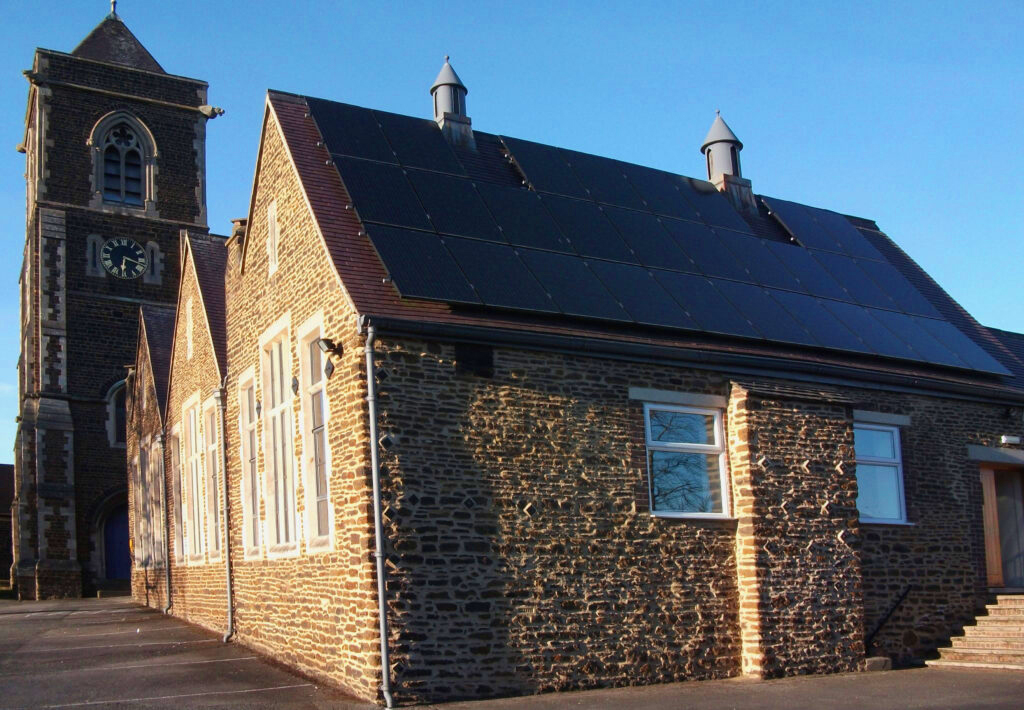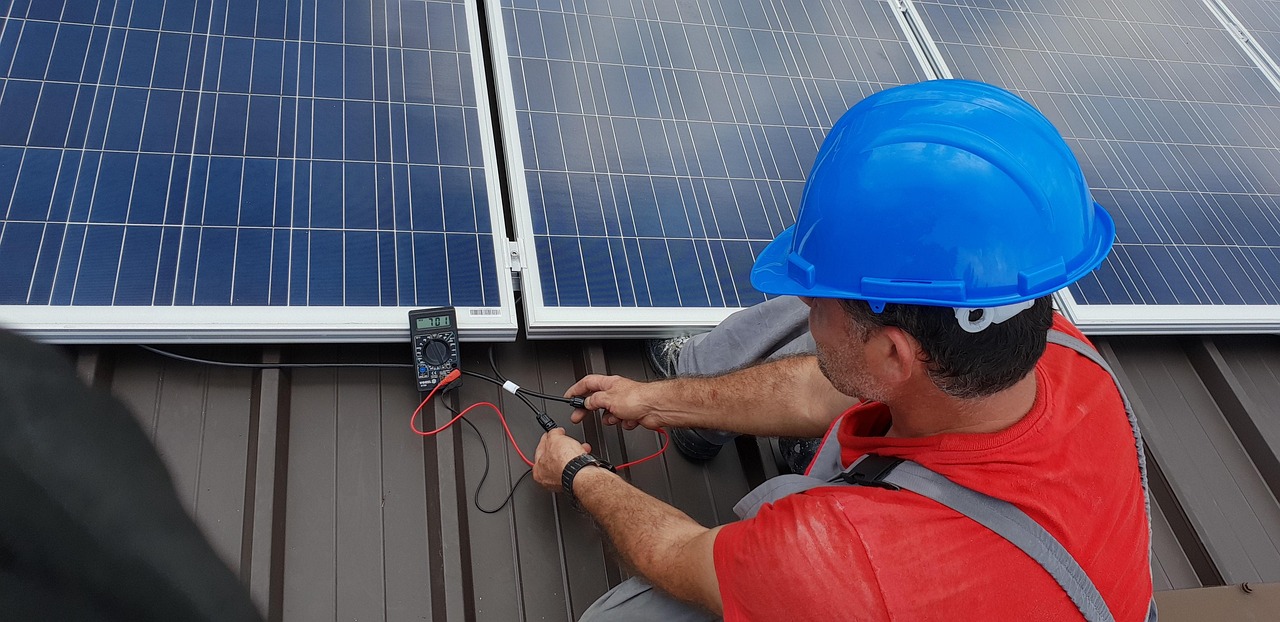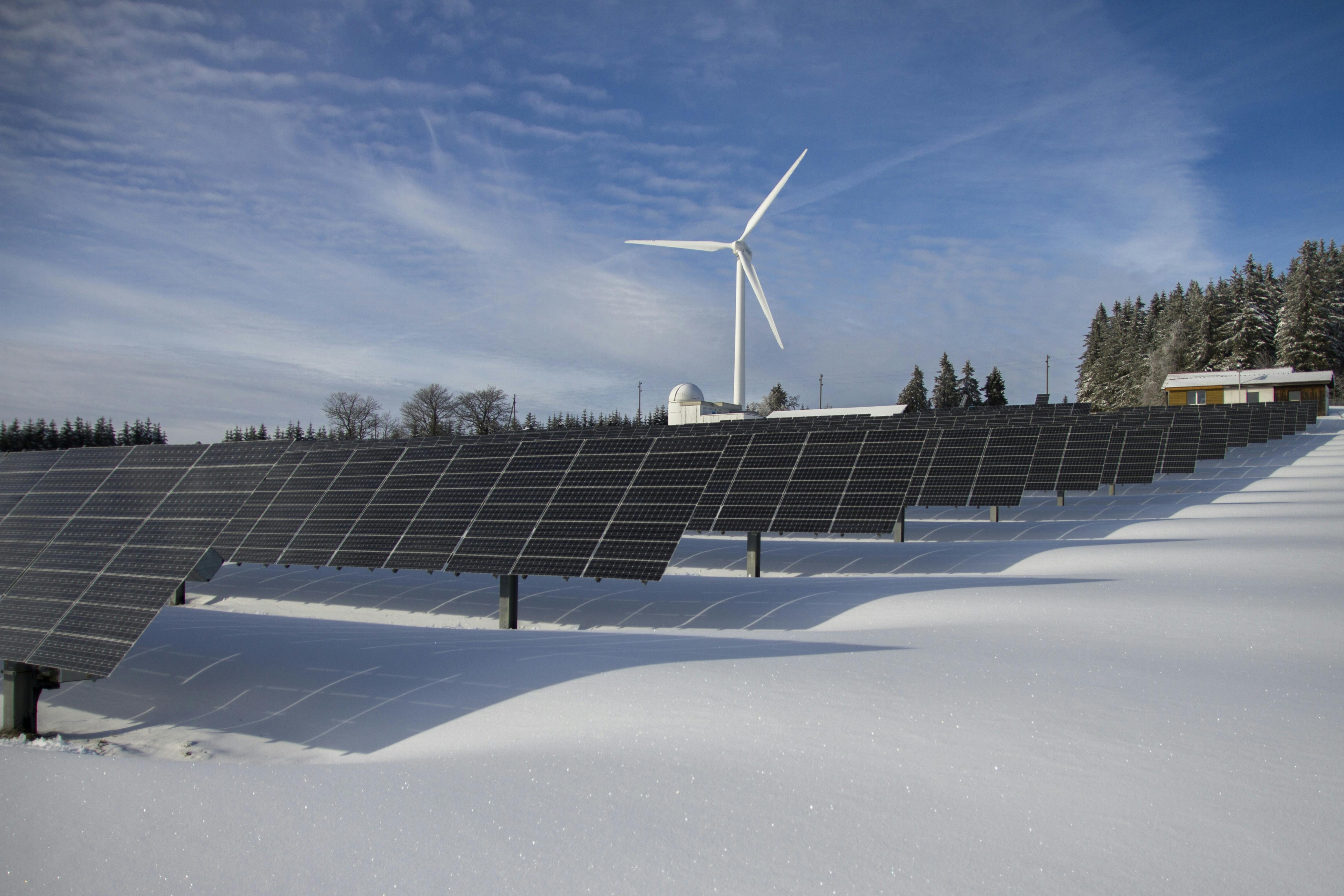Can solar panels be recycled?
Are solar panels recyclable? MakeMyHouseGreen provides a quick explanation.

Quick Answer: Yes, most components of solar panelscan be recycled, including the glass, aluminium, and silicon that make up the panels.
Solar panels have an impressive lifespan, often generating significant power for over 25 years. However, while 25+ years offers ample time to enjoy your solar panel system, it's important to consider their eventual end-of-life impact. Let's explore the recycling process and how it contributes to the environmental benefits of solar panels.
How are solar panels recycled?
In the UK, photovoltaic solar modules are included in the Waste Electrical and Electronic Equipment (WEEE) directive. The directive also includes appliances such as refrigerators and televisions. Equipment included in the WEEE directive has to be disposed of in a certain way - you won’t be able to bin your panels with your general waste.
What components of solar panels can be recycled?
Practically all components of a solar panel can be recycled! This includes materials such as:
Glass:
The glass used in solar panels is ground down and processed into foam glass. This is then used in the construction industry, for example.
Aluminium:
The frame and corner pieces which hold the frame together are made from aluminium. A hundred percent of the metal can be recovered, and given new life in the metal industry.
Silicon:
The silicon used in the cells of the panels can be melted down and re-used. Bear in mind though that this is not always deemed efficient, as silicon is one of the most common elements on earth. Whether the silicon from solar cells will be recovered is for each jurisdiction to decide.
Copper:
Copper is used both for the ribbons and conductors of the solar panel set up. In both cases, it’s possible to separate the copper from other materials, such as silver and plastic, and for a high share of the metals to be recovered.
Plastic:
Unfortunately, not all plastics used in solar panels can be recycled. Some plastics cannot be remelted, while others are layered in ways that make separation from other components challenging. Although separating these plastics is possible, it may not always be economically viable. The decision on whether to separate the plastic components often depends on local regulations.
Despite the lack of a standardised recycling process for solar panels, the ability to recycle most of their components is still a significant benefit. Recycling solar panel materials helps conserve raw resources and reduces environmental impact. In fact, recycling these components into high-quality secondary raw materials emits less CO2 compared to extracting new primary raw materials. Thus, even at the end of their life cycle, solar panels contribute to a greener future by minimising waste and preserving natural habitats. This makes investing in solar panels an environmentally responsible choice.
If you’re interested to learn more about solar panels, have a look at the rest of our Green Guides, or why not check out our Guru FAQs. This is our Green Homes Gurus’ very own knowledge base, which we’ve exposed externally so that you’re more fit to make an informed decision about whether solar panels are right for you!
Recommended Guides:
Ready to see what you can save?
Our solar calculator is 100% free to use. Enter your postcode below to get started.

Based on 400+ Trustpilot reviews






